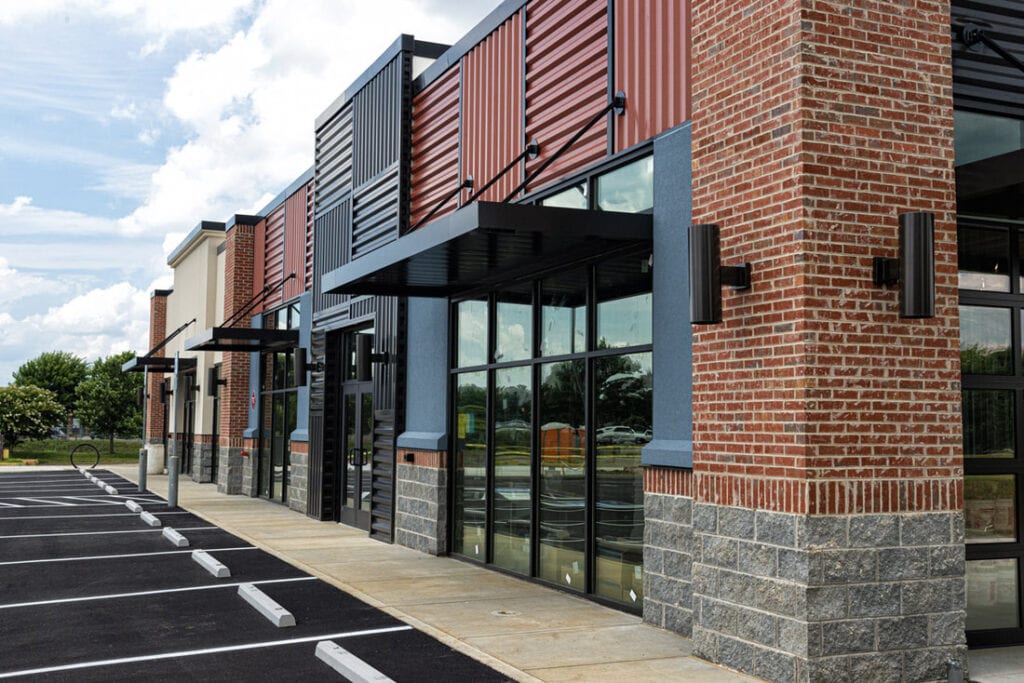Benefits to Both the Insurer and the Insured
While a quality commercial inspection helps you, as an insurance underwriter, to get a clear idea of the potential risks and liabilities a particular property presents so your underwriting can be more accurate, it also can benefit the insured in several ways. Consider these benefits:
- By helping to identify existing and potential hazards present in their building, an inspection can point out to those responsible, such as the building maintenance team, risks that may be posed to occupants, staff personnel and visitors.
- For the safety and security of everyone, an inspection can help identify steps needed to mitigate discovered risks and/or potential liabilities.
- Inspection results may instigate the adjustment of company policies, cause the review of safety procedures and prompt the issuance and wearing of certain PPE (personal protective equipment), along with talks with employees regarding their safety concerns.
Residential Versus Commercial Inspection
While residential and commercial building inspections share certain aspects, the latter will typically have unique risks that require inspection by someone fully familiar with and qualified to perform commercial inspections. Commercial properties typically pose more risks and liabilities than residences due to the number of people who visit them and, often, the nature of the activities taking place in them.
Commercial Buildings Defined
Commercial buildings are structures located on commercial real estate and used to generate profits, either in the form of capital gains or rental income. They may be categorized as:
- Office buildings
- Restaurant/retail
- Multifamily dwellings
- Miscellaneous (manufacturing, warehouses, sports facilities, storage facilities, mixed-use buildings)
What a Commercial Inspection Includes
Each type of building will have its own unique inspection requirements, but all commercial property inspections should include the following five areas:
- Structural integrity
- Roofing
- Electrical
- Plumbing
- HVAC (heating, ventilation and air conditioning)
If any of these systems falls short performance-wise, the inspector’s report should include an estimate of the cost for repair or replacement.
The building’s exterior will be inspected, which includes outer walls, surrounding property (including sidewalks, landscaping and parking lots) and roofing.
The building’s interior will be checked for any safety-related hazards and to make sure it meets local building codes. Inspection should include walls, floors, ceilings, offices, kitchens and similar spaces. Anything not up to code or requiring renovation should be noted.
Fire Safety
A critical part of every inspection includes checking for fire safety equipment. This is especially important for warehousing and manufacturing facilities. A thorough fire safety inspection includes checking fire alarms, fire extinguishers, sprinkler systems and emergency lighting.
Nearly every business seeking property insurance coverage needs to be inspected by a trusted property inspection firm to provide valuable insight to insurance company underwriters. It’s hard to make accurate underwriting decisions without a quality commercial inspection.
Contact Insurance Risk Services today to see why we’ve been trusted by insurers nationwide for more than three decades.


